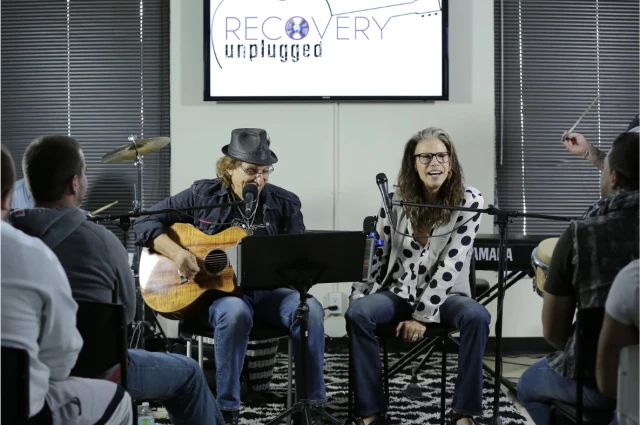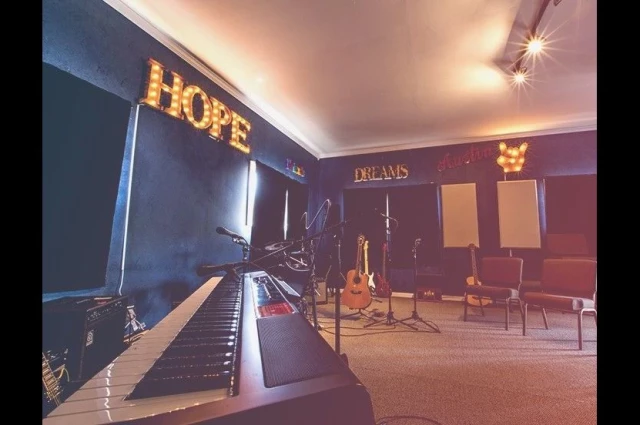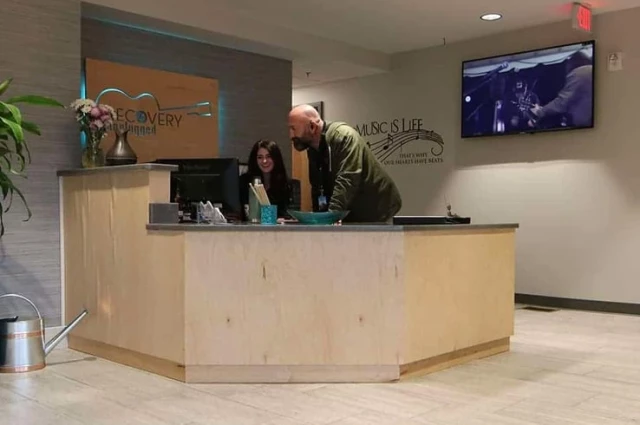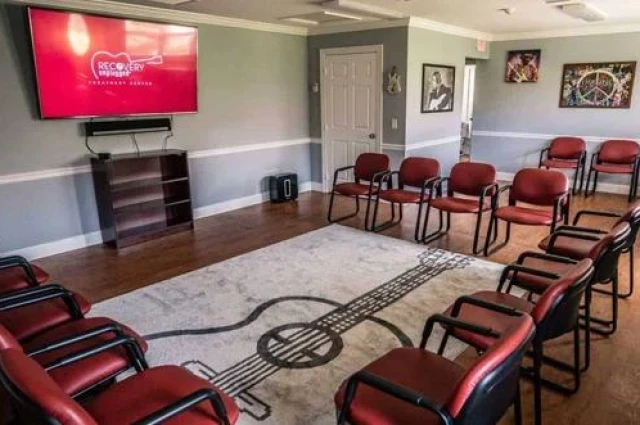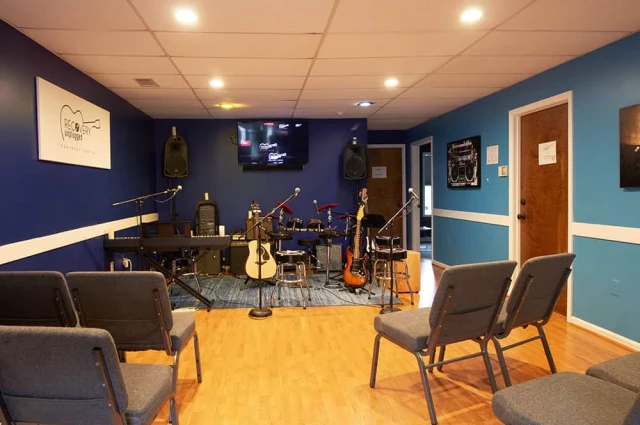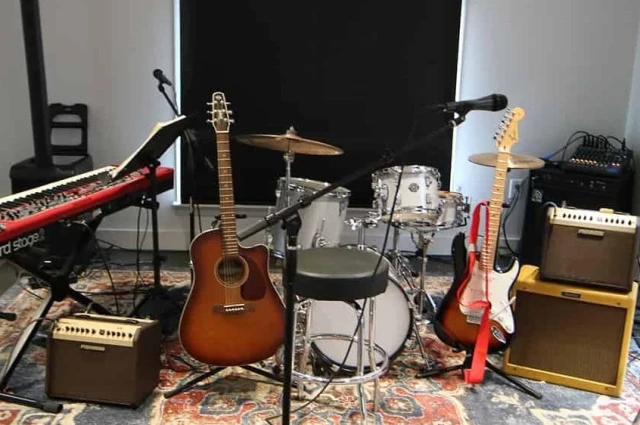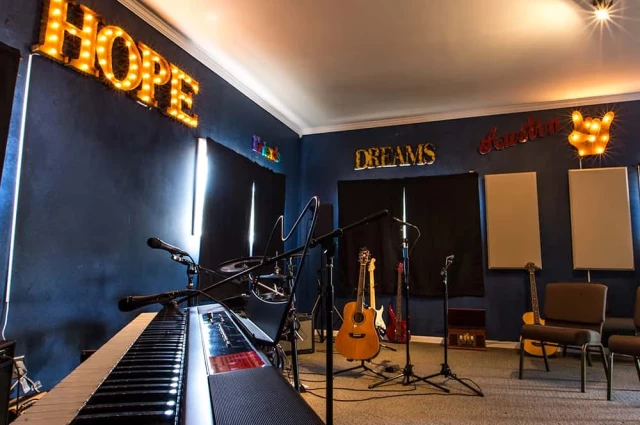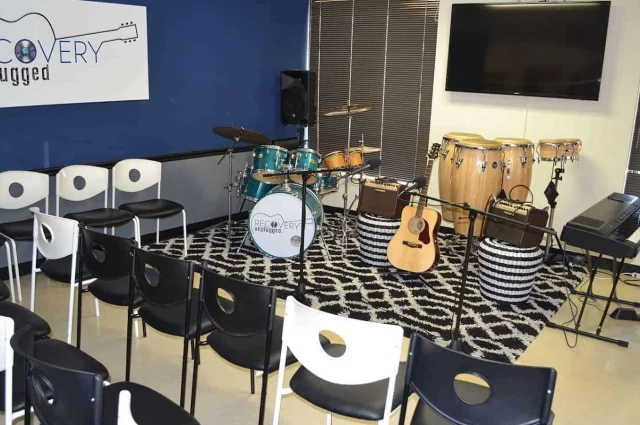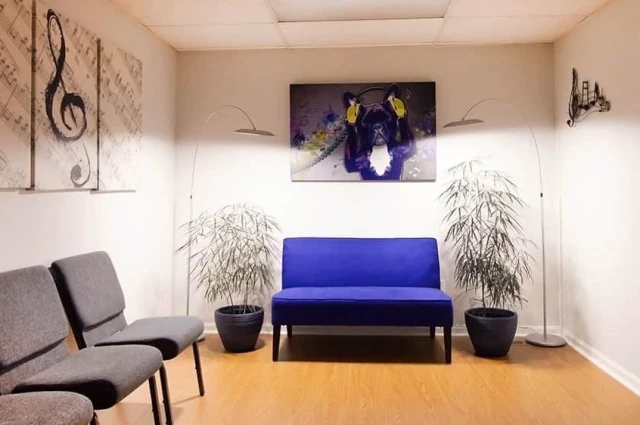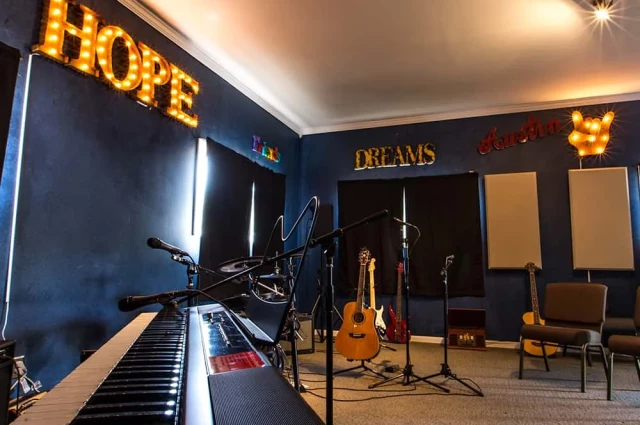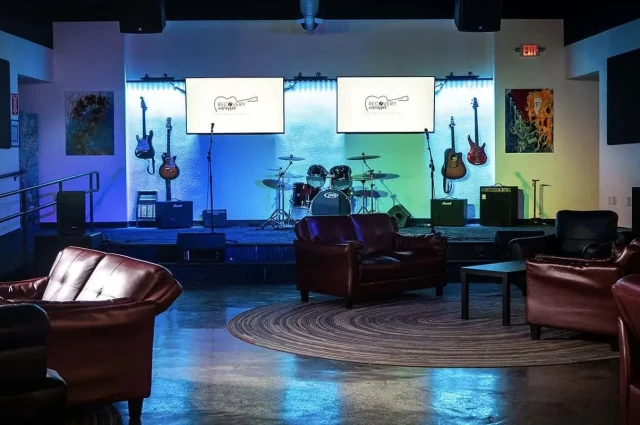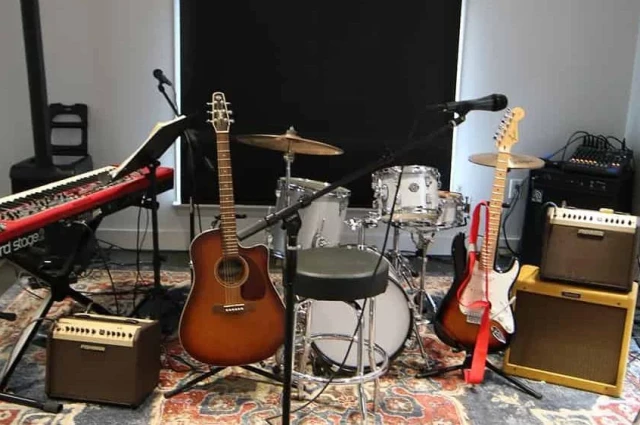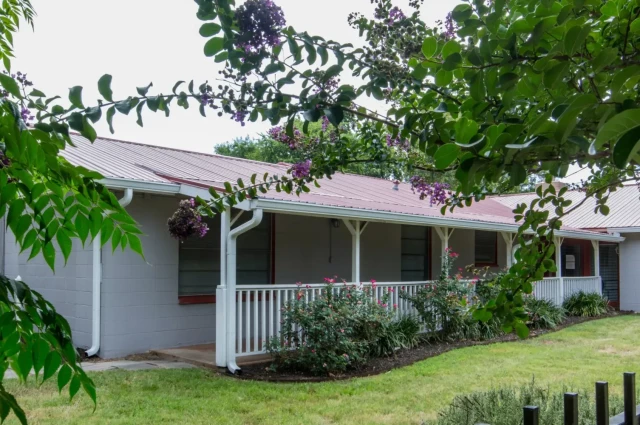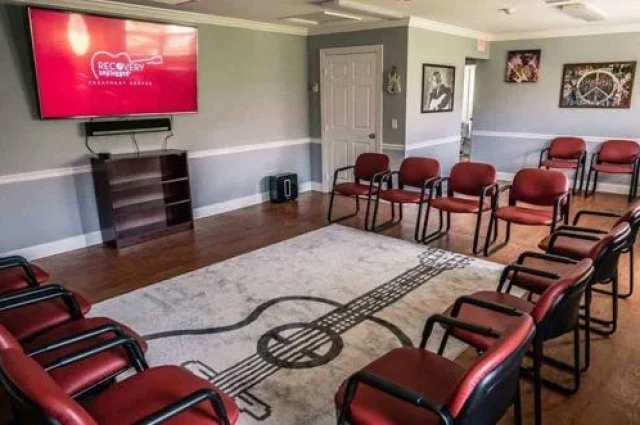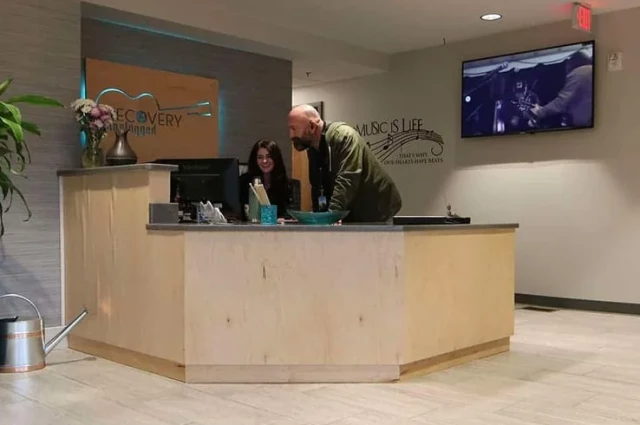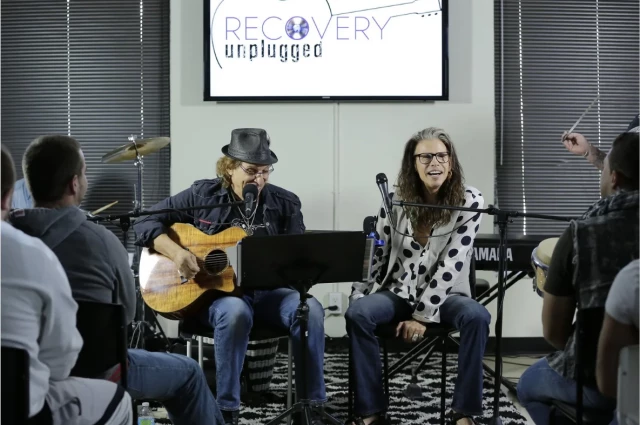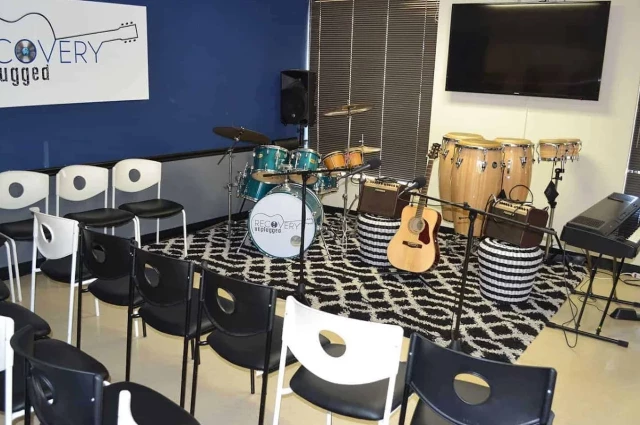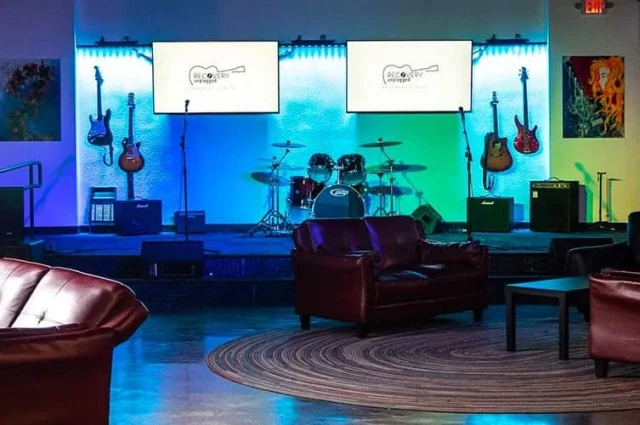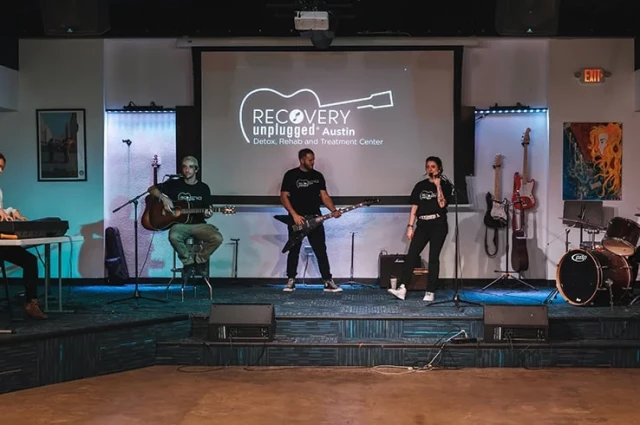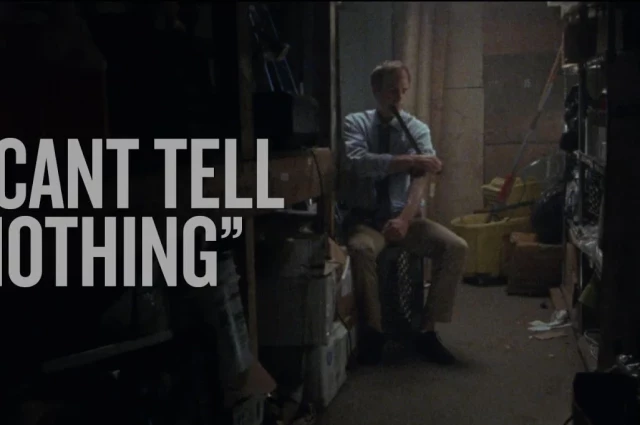Recovery Unplugged Austin Information
Treatment
Who We Treat
- Male and Female
- LGBTQ+
Treatment Focus
- Co-Occurring Disorders
- Alcohol
Approaches
- 12-Step-Based
- Evidence-Based
- Twelve Step
- Family Therapy
- Group Therapy
- Holistic
- Acceptance and Commitment Therapy (ACT)
- 1-on-1 Counseling
- 1-on-1 Counseling with Clinical Psychologist
- Meditation & Mindfulness
Conditions We Treat
- Depression
- Anxiety
- Bipolar Disorder
- Post Traumatic Stress Disorder (PTSD)
- Grief & Loss
- Suicidal Thoughts
- Codependency
- Grief and Loss
- Suicidality
- Internet Addiction
- Stress
- Bipolar
- Co-Occurring Disorders
Substances We Treat
- Benzodiazepines
- Prescription Drugs
- Alcohol
- Chronic Relapse
- Heroin
- Cocaine
- Nicotine
- Marijuana/Cannabis
Languages
- English
Aftercare
- Intensive Outpatient Program
- Outpatient Treatment
- Support Meetings
- Alumni Reunions
Level of Care
- Outpatient
- Intensive Outpatient Program (IOP)
- Day Treatment
- Residential Rehab
- Co-Occurring Mental Health
Experience
On-Site Amenities
- Gourmet Dining
- Walking Trails
- Pool
- Fitness Center
- Volleyball Court
- Access to Nature
- Outdoor Lounge
Personal Amenities
- Private or Shared Rooms
- Air-Conditioned Rooms
Off-Site Amenities
- Airport Transfers
On-Site Activities
- Swimming
- Yoga
- AA/NA Meetings
Off-Site Activities
- Sightseeing
Special Considerations
- Pet Friendly
Accreditations
-
State department of health
State Licenses, issued by government agencies, authorize rehabilitation organizations to legally operate within designated geographical areas. The specific licenses required for operation are typically determined by both the nature of the rehabilitation program provided by the facility and its physical location.

-
The Joint Commission
The Joint Commission's addiction and behavioral health accreditation signifies a facility's commitment to high-quality care. It involves rigorous evaluations and assessments of clinical practices, ensuring effective, evidence-based treatment. Accreditation showcases a dedication to continuous improvement and patient safety, instilling trust among patients, families, and healthcare professionals. It's a mark of excellence in addiction and behavioral health care.

-
Drug Enforcement Agency (DEA)
DEA accreditation refers to the process by which a law enforcement agency is recognized by the Drug Enforcement Agency (DEA) as having met specific training, operational, and resource requirements necessary to participate in DEA-led drug enforcement efforts. This accreditation allows the agency to perform DEA-related tasks such as conducting investigations, executing federal search warrants, and participating in joint task forces.
Recovery Unplugged Austin Accepts The Following Insurance Plans
Find the best treatment options. Call our free and confidential helpline today!
